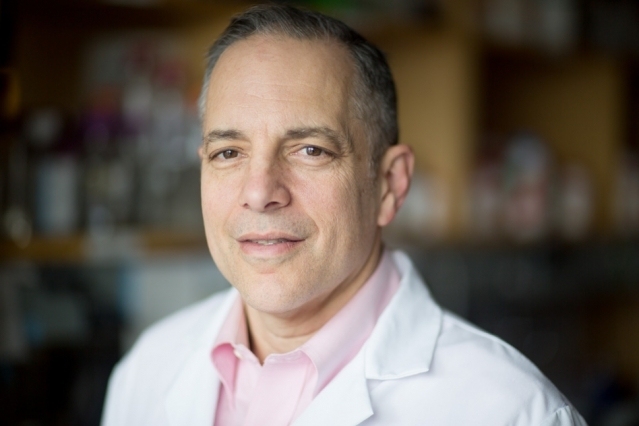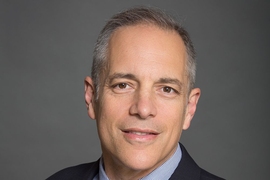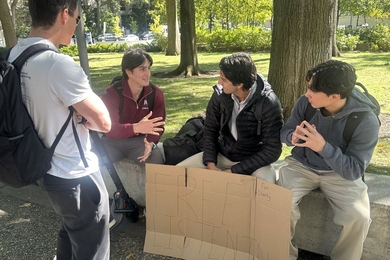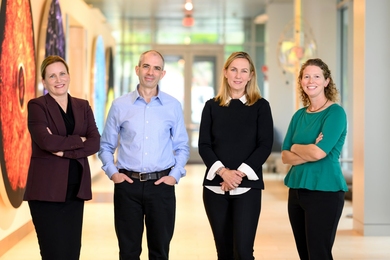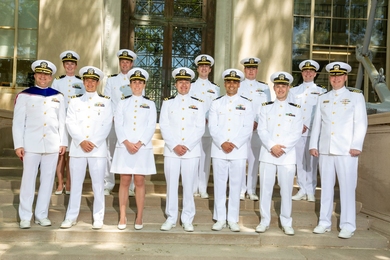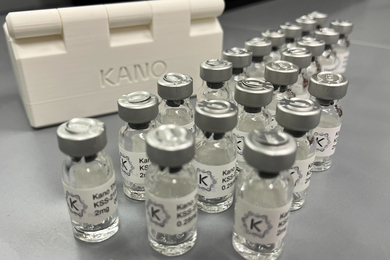A new collaboration between MIT and Tufts Clinical and Translational Science Institute (CTSI) aims to accelerate device development for clinical studies.
The T.5 Capacity in Medical Devices Program, co-led by Institute for Medical Engineering and Science (IMES) Director Elazer R. Edelman, will focus on the early yet critical stage of translational science, when a medical device or diagnostic tool is still in its prototype stage.
Translational research is typically categorized in four stages, from T1 to T4 (translation from the laboratory to population-wide impacts on health); in the “T.5” program, MIT and Tufts CTSI will focus on using clinical insights to fine-tune early device testing and design sequences of promising ideas to make them more likely to become successful medical applications.
The work will be supported through a 2018 Clinical and Translational Science Award (CTSA) recently issued by the National Institutes of Health to Tufts CTSI and its collaborators. Of the $56 million in federal funding, MIT will receive $4 million in support of the T.5 program, which will be carried out through the IMES Clinical Research Center.
“We use the term 'T.5' to highlight the bidirectional, interdisciplinary, and intersectoral nature of preclinical R&D, and the role that testing and optimization in this phase has on outcomes at T1 and beyond. The new partnership with Tufts CTSI enables MIT to provide unique resources and perspectives in shifting the focus from translation — simply moving ideas from one space to another, to transformation — emboldening ideas and accelerating and de-risking the challenging process of R&D,” says Edelman, who is also the Thomas D. and Virginia W. Cabot Professor of Health Sciences at MIT, a professor of medicine at Harvard Medical School, and a coronary care unit cardiologist at the Brigham and Women’s Hospital in Boston. “We are excited to explore this collaboration with Tufts CTSI and its partners in transforming nascent ideas into clinical impact.”
Since 2008, Tufts CTSI has been a member of the National Institutes of Health’s CTSA Consortium, a national network of medical research institutions that work together to improve the translational research process to get more treatments to more patients more quickly, collaborating locally and regionally to catalyze innovation in training, research tools, and processes.
“Traditionally T1, or ‘bench-to-bedside,’ is seen as the first phase of translational research, but the work that occurs before T1 is critical” says Harry P. Selker, dean and principal investigator of Tufts CTSI. “I am delighted to join forces with MIT to support research teams at this early, pre-T1 translational stage, T.5, to efficiently turn device concepts into testable prototypes, and effectively incorporate clinical insights into the full span of preliminary R&D.”
